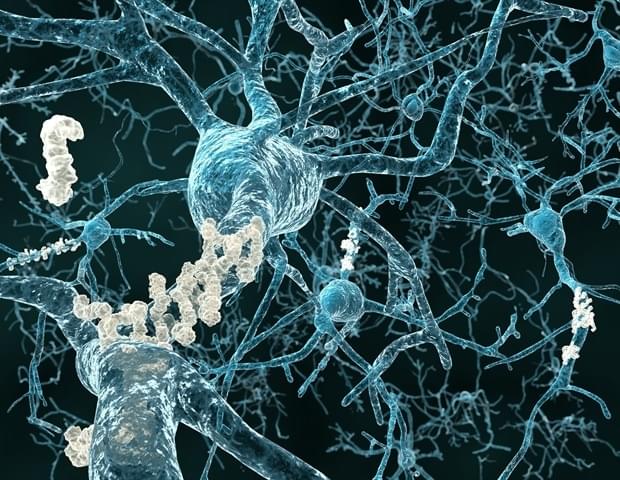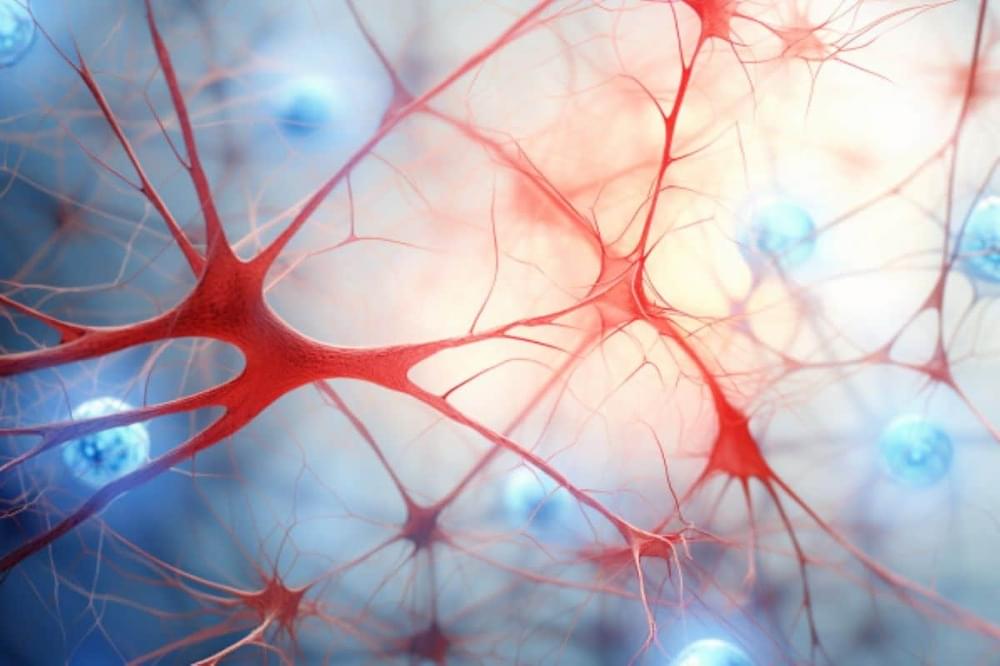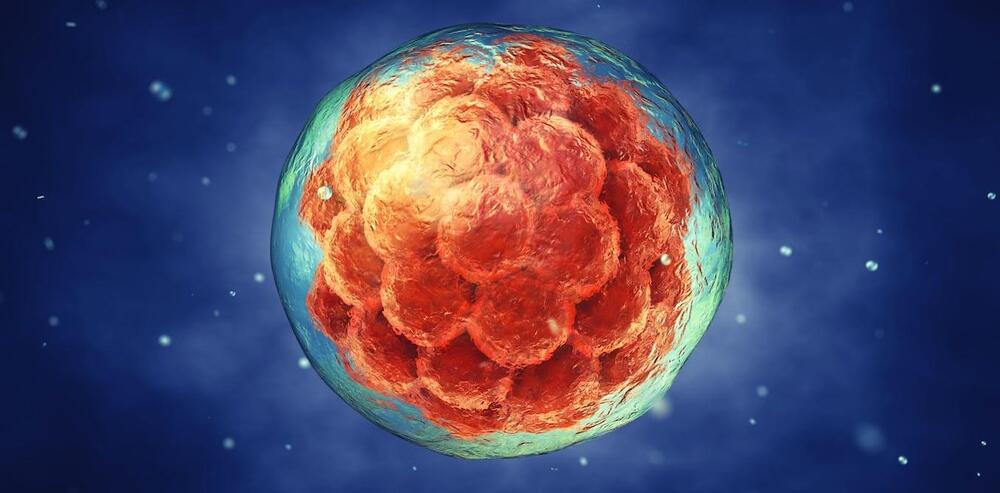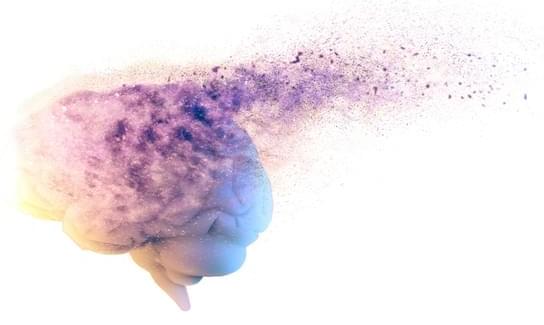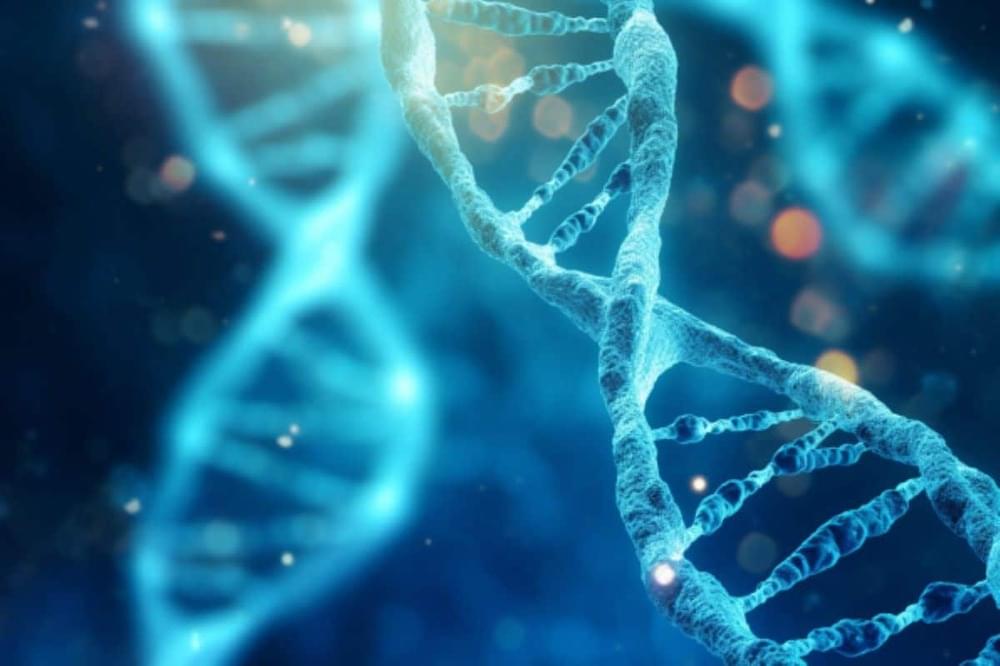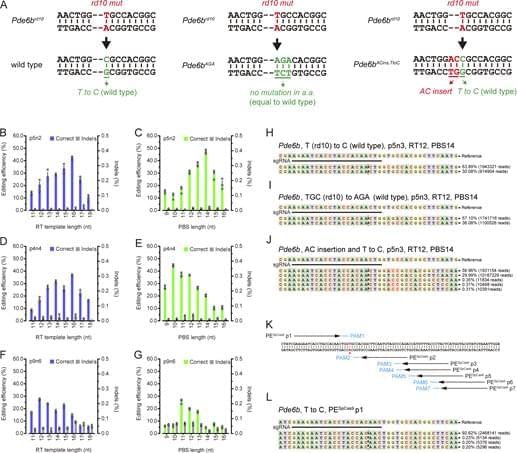Scientists at Université Laval and the University of Lethbridge have succeeded in reversing certain cognitive manifestations associated with Alzheimer’s disease in an animal model of the disease. Their results have been published in the scientific journal Brain.
Although this has yet to be demonstrated in humans, we believe that the mechanism we have uncovered constitutes a very interesting therapeutic target, because it not only slows down the progression of the disease but also partially restores certain cognitive functions.
